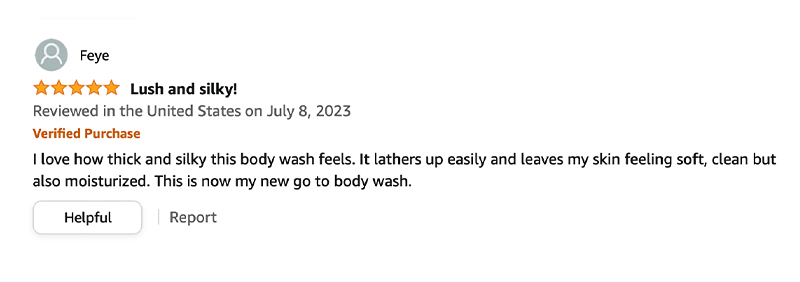
Winter brings more than just snowflakes; it brings challenges for our skin. The cold weather, with its low humidity levels, can leave our skin feeling dry and flaky. To add to the challenge, indoor heating systems further strip away moisture, resulting in what many of us know as winter itch.
Taking care of our skin is not just about looks; it plays a crucial role in performing various essential functions for our body. From shielding us against viruses and bacteria to protecting against the sun’s harmful ultraviolet rays, healthy skin is vital. It also helps us respond better to our surroundings by sensing pain or pressure. However, during the cold months, maintaining skin health becomes even more crucial as it can be compromised, leading to issues like xerosis (dry skin) or eczema (itchy, dry, reddish patches or lesions on the skin), which can vary in severity.

Fortunately, there’s good news for those battling winter skin woes. By incorporating the right skincare routine, especially with the use of sensitive skin products, you can protect your skin and keep it glowing throughout the season. These specialized products are designed to provide the extra care and moisture that sensitive skin needs during the colder months.
So, say goodbye to winter itch and embrace the season with radiant and well-nourished skin. With the right attention and the use of sensitive skin products, you can confidently face the cold weather without compromising your skin’s health and beauty.
Winter-proof your skin with these tips
1. Moisturize Daily
- Choose petroleum or cream-based moisturizers, as they provide superior hydration for normal to dry skin.
- Opt for fragrance-free and lanolin-free moisturizers if you have sensitive skin.
- Apply moisturizer to wet skin after bathing to lock in surface moisture effectively.
2. Gentle Cleansing
- Cleanse your face, hands, feet, and skin folds daily, but avoid excessive cleansing to prevent stripping away natural moisturizers.
- For trunk, arms, and legs, a simple rinse is sufficient; daily use of soap or cleanser is not necessary.
3. Mindful Water and Soap Usage
- If dealing with “winter itch,” opt for short lukewarm showers or baths with non-irritating, non-detergent-based cleansers.
- Afterward, apply a thick cream or petroleum-jelly-type moisturizer and gently pat skin dry.
4. Humidify Your Space
- Combat dry air by using room humidifiers to prevent moisture loss from your skin.
- Regularly clean the humidifier and change water according to the manufacturer’s instructions to avoid mold and fungi.
5. Wind Protection
- Shield your face from harsh winter winds.
- Use a petroleum-based lip balm to protect your lips.
- Choose skin protectants containing petroleum or creams with ceramides for added effectiveness.

6. Stay Warm and Safe
- Avoid exposure to extreme cold temperatures to prevent skin disorders and frostbite.
- Seek immediate medical attention if you notice color changes, pain, or ulceration in your hands or feet.
- Frostbite symptoms include extreme pain followed by loss of sensation in fingers or toes.
7. Sun Protection in Winter
- Don’t underestimate the winter sun; it can be harmful to your skin.
- Use sunscreen with an SPF of 15 or higher if you plan to spend extended periods outdoors.
- Protecting your skin from winter sun exposure helps prevent premature aging and reduces the risk of skin cancer.
8. Say No to Winter Tanning
- Avoid tanning beds and artificial sunlamps, which can damage your skin and increase the risk of skin cancer.
- Maintain a summer glow with self-tanners and extra moisturizer, as they are safer alternatives that won’t dry out your skin.
9. Boost Vitamin D Intake:
- During winter, sunlight exposure decreases, impacting natural vitamin D production.
- Consider taking vitamin D supplements to ensure you meet recommended levels throughout the year.
10. Consult Your Dermatologist
- If you experience persistent dry skin, scaling, itching, rashes, or have concerns about skin growths, consult your dermatologist.
- Regular check-ups with a dermatologist are essential not only in winter but throughout the year for comprehensive skin health.
By incorporating these tips into your winter skincare routine, you can ensure that your skin remains healthy, hydrated, and radiant despite the challenging weather conditions.
Remember, your skin’s well-being is a year-round commitment, and these simple yet effective tips can help you achieve and sustain a vibrant complexion regardless of the season.









